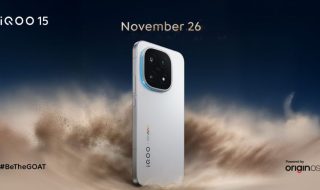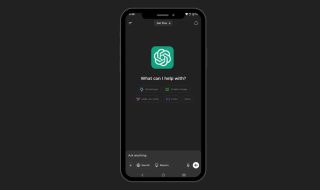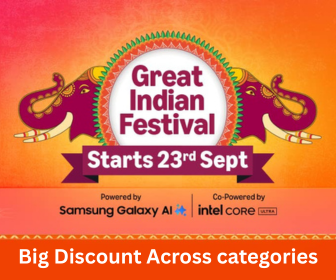OpenAI is preparing to enter the world of social video apps. According to reports, the company is working on a new standalone app powered by its video generation model, Sora 2. The app will be a TikTok clone, but with a twist. Every video on the platform will be fully AI-generated.
The app will reportedly have a TikTok-style vertical feed where you can scroll through short videos. The difference is that instead of people recording themselves, AI creates every single clip. Users will be able to generate short videos of up to 10 seconds, and the app will include a “For You” page with recommendations based on a ranking algorithm. On the right side of the feed, there will likely be options to like, comment, or remix videos.
This design feels familiar because OpenAI clearly wants to make AI videos feel social, not just experimental. By giving people a feed, likes, and comments, the company is aiming for engagement rather than just one-off video generation.
One of the most interesting parts of this app is identity verification. Users will be able to confirm their likeness so the AI can generate videos with their face in it. Others can also tag or include them in clips. Imagine generating a video where you and a friend ride a roller coaster together, without ever visiting a theme park.
The app will also notify people whenever their likeness is used, even if that video is never made public. That feels like a thoughtful move. But it also raises questions: How comfortable will people be knowing their digital likeness can be shared or remixed so easily?
The app may not allow uploads from your camera roll or other apps. That restriction means every single video will be AI-made, keeping the platform “pure” in concept. If true, this will separate it from TikTok and Instagram, where AI and human content already mix freely.
Reports suggest the app was launched internally last week, and employees gave positive feedback. That is a small but important signal that OpenAI wants to test this socially before going public.
OpenAI is not alone in chasing AI video. Meta has launched “Vibes” in its Meta AI app, which offers a feed of AI-generated short clips. Google is integrating its own video model, Veo 3, into YouTube. All three companies want to shape how we consume and interact with AI content. But OpenAI’s move feels bolder because it is not just embedding AI into an existing platform — it is building an entirely new social experience.
Of course, this is not happening in a vacuum. OpenAI is already dealing with legal and ethical issues. The company is fighting a copyright lawsuit from The New York Times, which argues its content was used to train AI without permission. On the safety side, OpenAI has introduced parental controls and linked accounts for teens in ChatGPT, but it remains unclear how strict the age restrictions will be for the Sora 2 app.
This app could either be the next big shift in social media or just another experimental playground. On one hand, the idea of scrolling through endless AI-made videos sounds futuristic and entertaining. On the other hand, it risks creating a platform where human creativity is replaced by algorithmic novelty.
The identity verification feature is both exciting and concerning. It opens up playful possibilities. You can star in your own action scene or appear in a fantasy world with friends. But it also raises big questions about consent, deepfakes, and how much control users will really have over their digital identity.
OpenAI is clearly betting that people want more than text and static images from AI. Whether this app succeeds will depend on how engaging the feed feels and how well OpenAI can address trust, safety, and privacy concerns.
For now, one thing is clear: AI video is about to get social.











